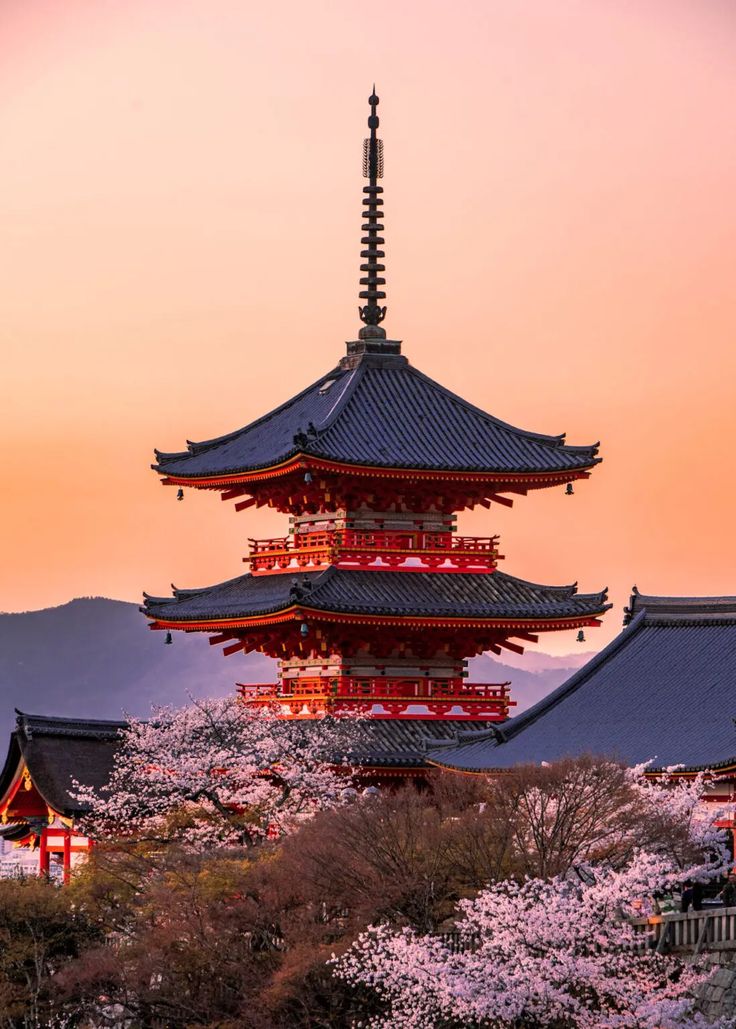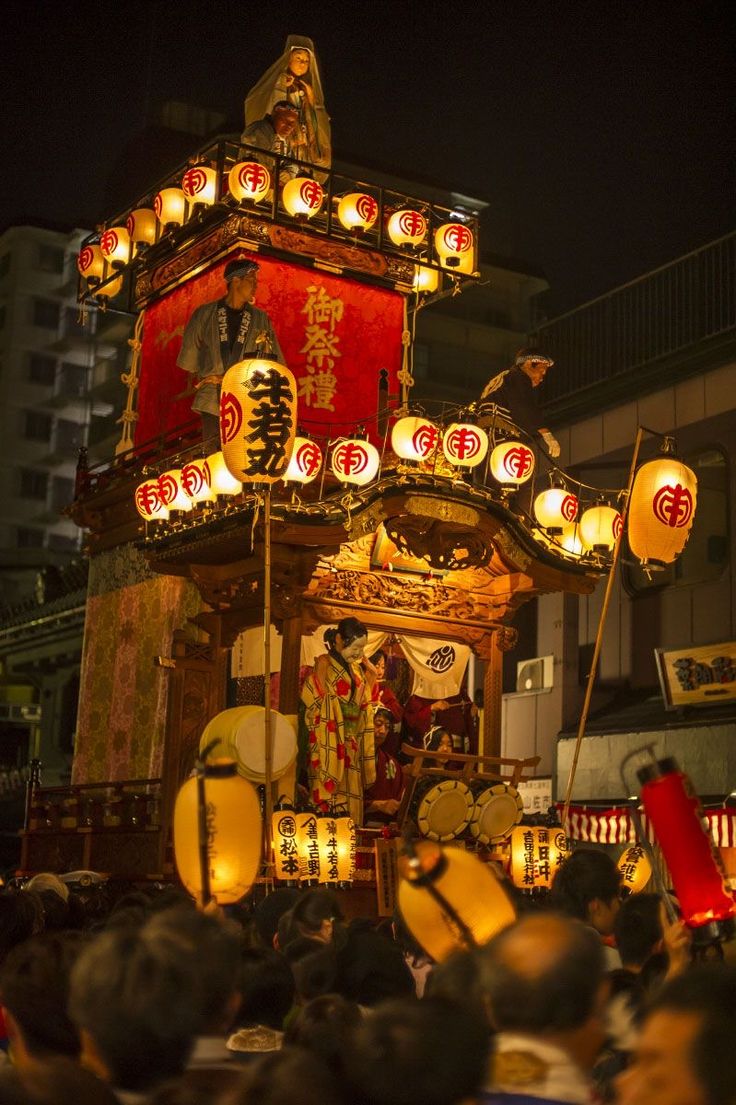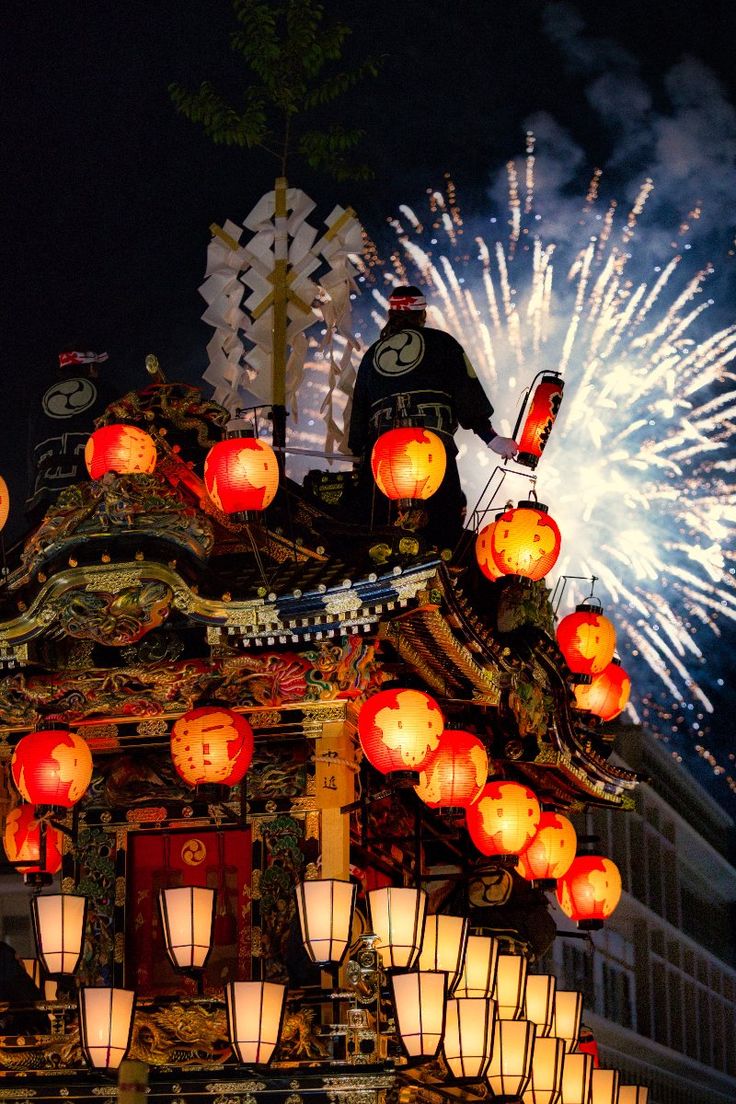
Festivals in Japan, known as matsuri, are an integral part of Japanese culture and tradition. Each festival has a deep meaning and history, often connected to Shinto or Buddhist beliefs. In this article, we will explore the many vibrant festivals in Japan, highlighting the uniqueness and traditions that accompany them.
History of Festivals in Japan
Festivals in Japan have a long history, ranging from ancient agricultural rituals to religious celebrations. Many are held to honor gods, celebrate the seasons, or commemorate important events in local history. These festivals are not only a form of entertainment, but also a way to strengthen community ties.
Types of Festivals in Japan
Festivals in Japan can be divided into several categories based on time and theme:
Summer Festivals: Typically involve fireworks and dancing.
Winter Festivals: Feature displays of snow and ice.
Agricultural Festivals: Celebrate the harvest.
Religious Festivals: Honor the gods and ancestors.
Famous Festivals in Japan
Gion Festival (Kyoto)
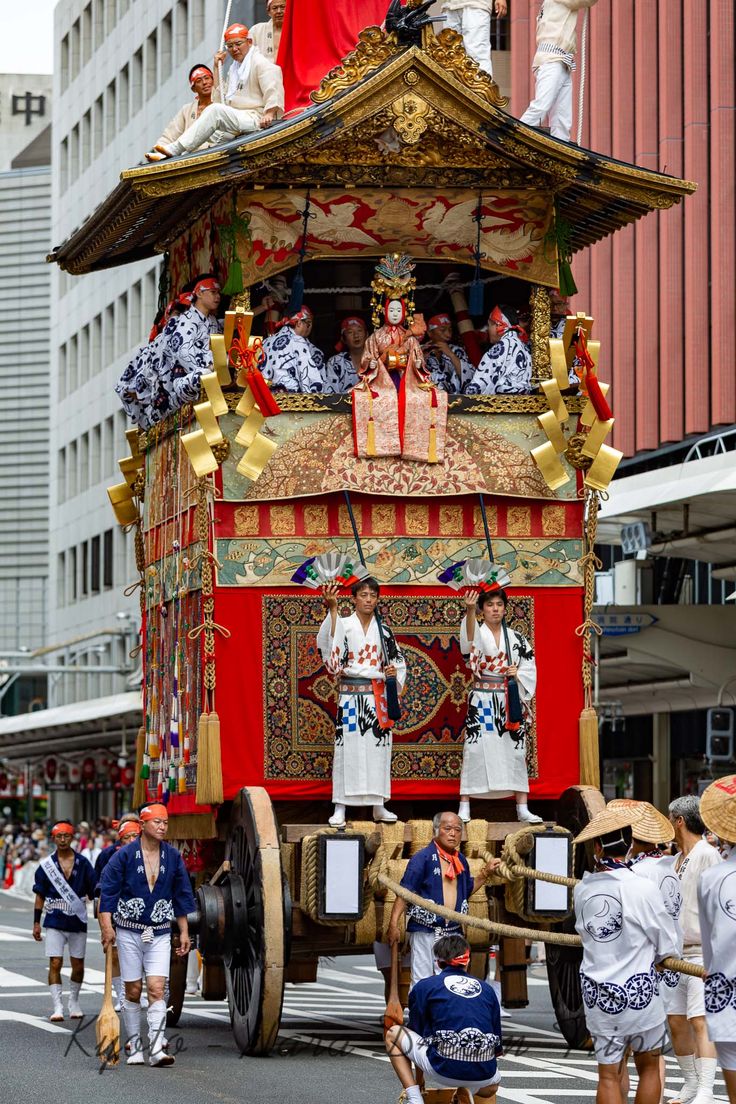
The Gion Matsuri is one of the largest and most famous festivals in Japan. Held every July, the festival includes a parade of magnificent floats and various cultural events. The highlight is the Yamaboko Junko procession, where beautifully decorated floats are carried around the city of Kyoto.
Tenjin Festival (Osaka)
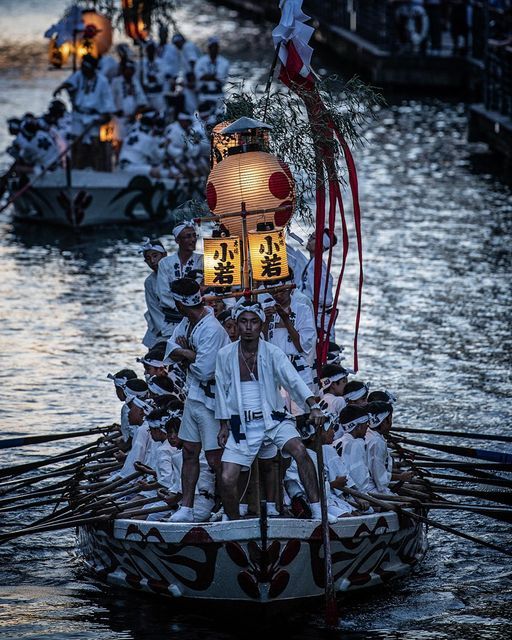
Tenjin Matsuri takes place on July 24th and 25th every year to honor the god Sugawara no Michizane. The festival is famous for its land and water processions involving decorated boats and spectacular fireworks displays.
Aomori Nebuta Matsuri (Aomori)
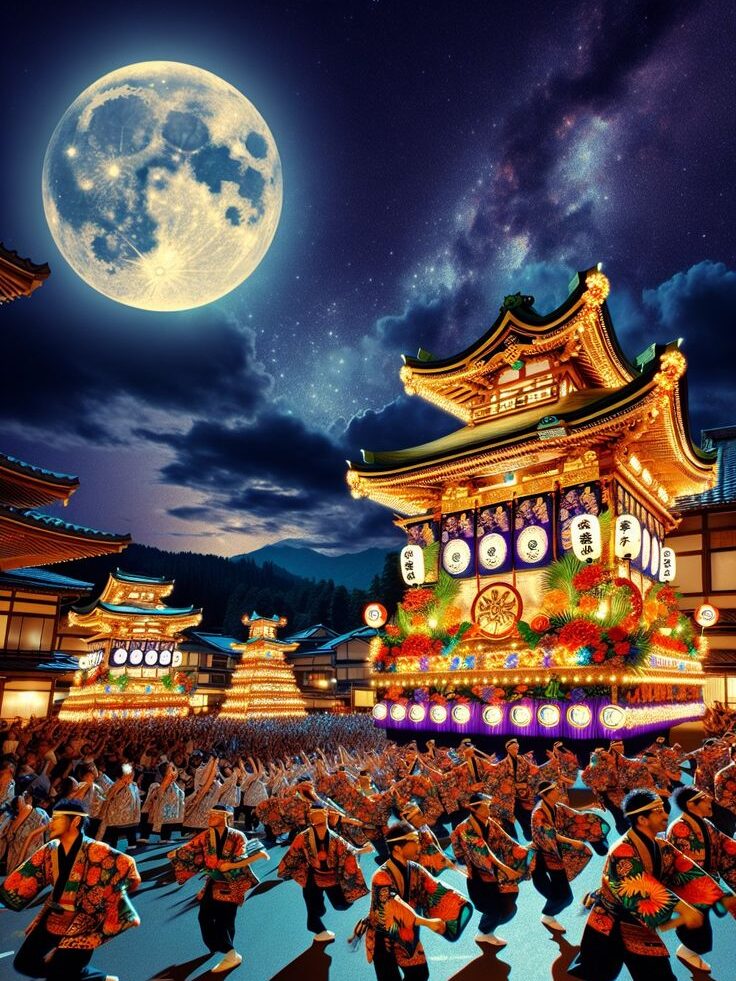
Held between August 2 and 7, the festival features giant lanterns called nebuta being paraded through the streets of Aomori. Nebuta dancers in colorful costumes dance to the beat of traditional music, creating a festive atmosphere.
Hakata Gion Yamakasa (Fukuoka)

The festival runs from July 1 to 15 and is famous for its fast-paced mikoshi (portable shrine) races. Participants run carrying the mikoshi while cheering, creating a spirited atmosphere.
Chichibu Yomatsuri (Saitama)
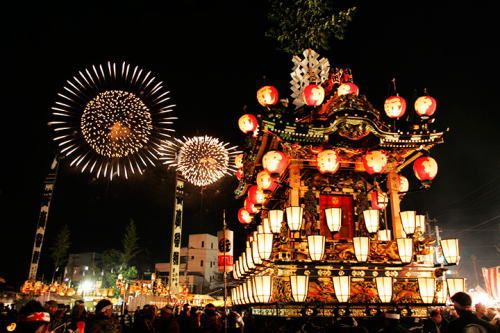
Chichibu Yomatsuri is a night festival that takes place on December 2nd every year. It is known for its magnificent floats and spectacular fireworks displays.
Unique Traditions in Japanese Festivals
Traditional dances
Many festivals in Japan feature traditional dance as part of the celebration. For example, Awa Odori is a famous folk dance festival in Tokushima, where thousands of dancers gather to dance together.
Fireworks (Hanabi)
Fireworks festivals are one of the most anticipated events during the summer in Japan. Each region has its own fireworks festival, such as Sumidagawa Hanabi Taikai in Tokyo, which attracts thousands of visitors every year.
Festival Food
Food is also an important part of Japanese festivals. Food vendors offer a variety of specialties such as yakitori (chicken skewers), takoyaki (octopus balls), and okonomiyaki (savory pancakes) during the celebrations.
Tips for Attending Festivals in Japan
Plan Your Visit
Before attending a festival, be sure to check the event dates and locations. Some festivals may require tickets or advance reservations.
Wear Traditional Clothes
Wearing a yukata (summer kimono) when attending a festival can add to your experience and make you feel more involved in the traditional atmosphere.
Come Early
To get the best spot to see a parade or show, arrive early so you can enjoy the atmosphere before the crowds arrive.
Conclusion
Festivals in Japan are more than just entertainment; they are cultural celebrations rich in tradition and meaning. From the Gion Matsuri to the Aomori Nebuta Matsuri, each festival offers a unique experience for visitors to experience the beauty of Japanese culture firsthand.
FAQ (Frequently Asked Questions)
What’s the best time to visit a festival in Japan?
The best time depends on the type of festival; summer is the peak time for many major festivals.
Is there a fee to enter the festival?
Most festivals are free to attend, but some special events may require tickets.
What are the must-try foods at a festival?
Try yakitori, takoyaki, okonomiyaki, and other street foods.
How do I get to the festival sites?
Use public transportation such as trains or buses; be sure to check the schedule before you go.
Is there a dress code for festivals?
While there are no strict rules, wearing traditional clothing such as a yukata is highly recommended to get the most out of the festival atmosphere.
With all their charm, Japan’s festivals offer a great experience for anyone looking to experience the rich culture of the land of cherry blossoms!
Citations:
[1] https://tokyotravel.co.id/rekomendasi-10-festival-tradisional-paling-spektakuler-di-jepang-yang-wajib-anda-saksikan-di-tahun-2024/
[2] https://www.loket.com/blog/festival-di-jepang
[3] https://www.kapanlagi.com/jepang/8-festival-di-jepang-penjelasan-sejarah-kegiatan-dan-tanggal-pelaksanaannya-e67ee3.html
[4] https://www.kemhan.go.id/badiklat/2013/07/28/9-festival-musim-panas-di-jepang.html
[5] https://www.japan.travel/id/things-to-do/festivals-and-events/
[6] https://www.gramedia.com/literasi/budaya-jepang-yang-terkenal/

